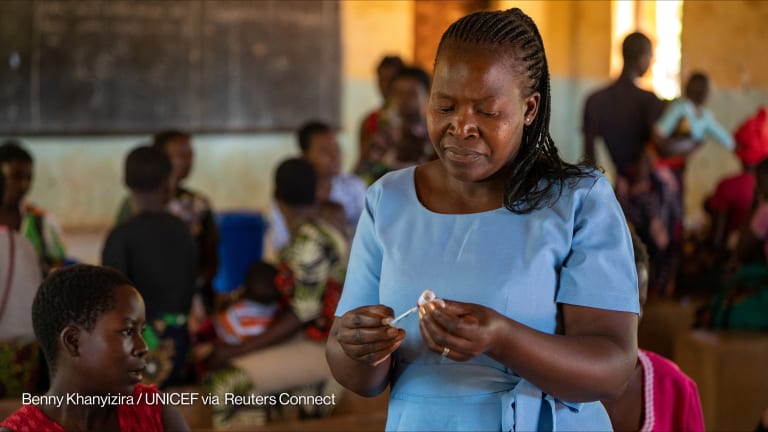
Yet another OECD-DAC donor country is considering slashing its foreign aid budget — this time to pay for better healthcare for its citizens.
The government of Iceland is seriously discussing the possibility of cutting a future surplus in the national budget coming from lowering child allowances and interest rates for families with young children to domestic health, Vigdís Hauksdóttir, chair of the parliamentary budget committee, said in a radio interview on Monday.
Health already accounts for a third of the country’s annual spending.
This comes just months after all but one of Icelandic MPs voted in favor of a new four-year strategy for international development cooperation worth $191 million, 0.26 percent of the nation’s gross national income.
On same day, Stefan Ingi Stefansson, executive director of UNICEF Iceland, noted the possibility of further cutting foreign will be severely criticized after coming on top of recent tax cuts for the rich — in a country where just five years ago the three main privately-owned banks collapsed and the severe financial crisis that ensued continues to be felt even today.
Stefansson also reminded the government that Icelend has never reached its goal of spending 0.7 percent of GNI on official development assistance, which it committed to when the nation joined OECD-DAC, and only managed to spend 0.4 percent in 2008, right before the crisis.
Iceland currently spends 38 percent of its ODA on three priority African countries: Malawi, Mozambique and Uganda.
Read more development aid news online, and subscribe to The Development Newswire to receive top international development headlines from the world’s leading donors, news sources and opinion leaders — emailed to you FREE every business day.








